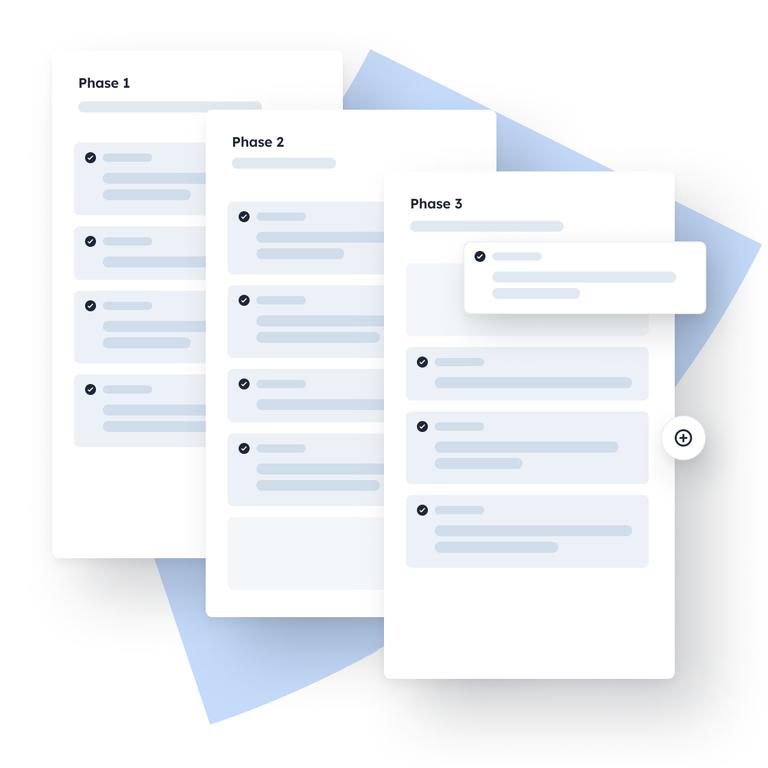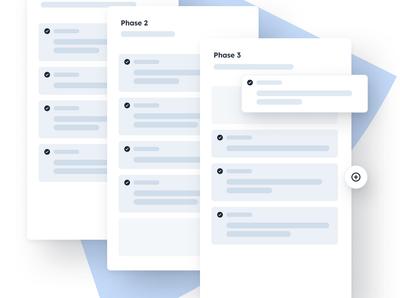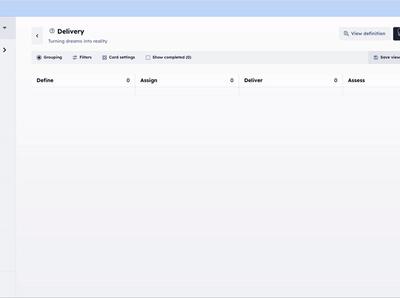The increasing importance of people-centric processes in an AI world.

AI is already impacting many industries and its effect will be across every business to differing degrees.Many people now use Generative AI tools in their everyday work lives, from helping to craft content through to customer service agents.
In the Jan’24 International Monetary Fund (IMF) article ‘AI Will Transform the Global Economy’ it is their assertion that ‘in advanced economies, about 60% of jobs will be impacted by AI’. This is a vast portion of the working population that will need to operate differently. The article goes on to state that ‘AI is being integrated into businesses around the world at remarkable speed.’
The real value of AI lies in its ability to augment human capabilities. By re-imagining people-centric processes enabled by AI, organisations can harness the potential of AI while preserving the human touch. A focus on human-centric outcomes to innovation not only drives business success but can foster a sense of purpose and fulfilment among employees.
We have outlined below how we expect the AI revolution will impact the work environment and the people within it:
- Fortune favours the brave. Entire micro-industries will be redundant as AI-native solutions wipe out some companies core proposition, much as video rental shops (e.g. Blockbuster in the UK) went with the arrival of downloadable content on Netflix. Recognising the industry opportunity and risks associated with AI, its potential impact on people and process will be critical to remaining in business for some companies.
- Companies will need to be able to adapt at unprecedented speed. To achieve this without creating undue business risk requires companies to describe, test and adopt new ways of working in a highly flexible but structured manner.
- The application of AI will be most successful when done in an inclusive manner. A huge portion of the jobs impacted will be where AI adds value to a role, as opposed to wholesale replacement of the role. By engaging people in the journey, ideas for how AI can be applied positively can be championed and the process of changing working practices made easier.
- AI transformation for most teams and companies will be a journey. It will be a case of learning through trial and error which will require a fluidity in working practices.
- Current systems will become a barrier. Many tools and applications that run the core operations of companies are set up to work in a certain way and changing them is neither simple nor inexpensive. As the number of niche AI-native applications increases and become ‘must-have’ tools, it will become increasingly visible that monolith applications can’t deliver at the required pace. The need for rapid integration of AI solutions into existing work flows will increase.
- Companies will continually seek out cost saving opportunities that AI technologies can bring. By understanding where process challenges and inefficiencies exist will aid people to identify key opportunities.
- New opportunities will arise in monitoring and governing the AI engines, ensuring that they remain aligned with the company’s goals and values. We foresee a new wave of people-centric processes that focus on governing AI and its usage.
- Human interaction and collaboration will break down silos and promote cross-functional integration. As specific tasks, such as job application pre-filtering or answering questions about leave policy, become the domain of AI, the need for collaborative working practices will intensify to achieve common objectives.
- Personalisation will take centre stage. While AI can go some way to handle personalisation, the human connection will be vital to differentiate.
It is clear that AI will be transformational to the overall work environment. In order to achieve the benefits offered and build a better operating business, people processes will need to:
- Change significantly in many instances, and fast
- Be more personalised as the transition to new ways of working evolves
- Support effective monitoring to identify process issues/inefficiencies
- Cater for a faster-changing business world where continuous improvement is baked into the ways of working
- Reduce siloed ways of working – departmental, system and process
- Support sidecar solutions that reduce IT/systems as a barrier.
It is with this in mind that we are building Modlify to be the most dynamic platform for building dynamic data-rich people-centric processes that play nicely with your existing and new tools.


